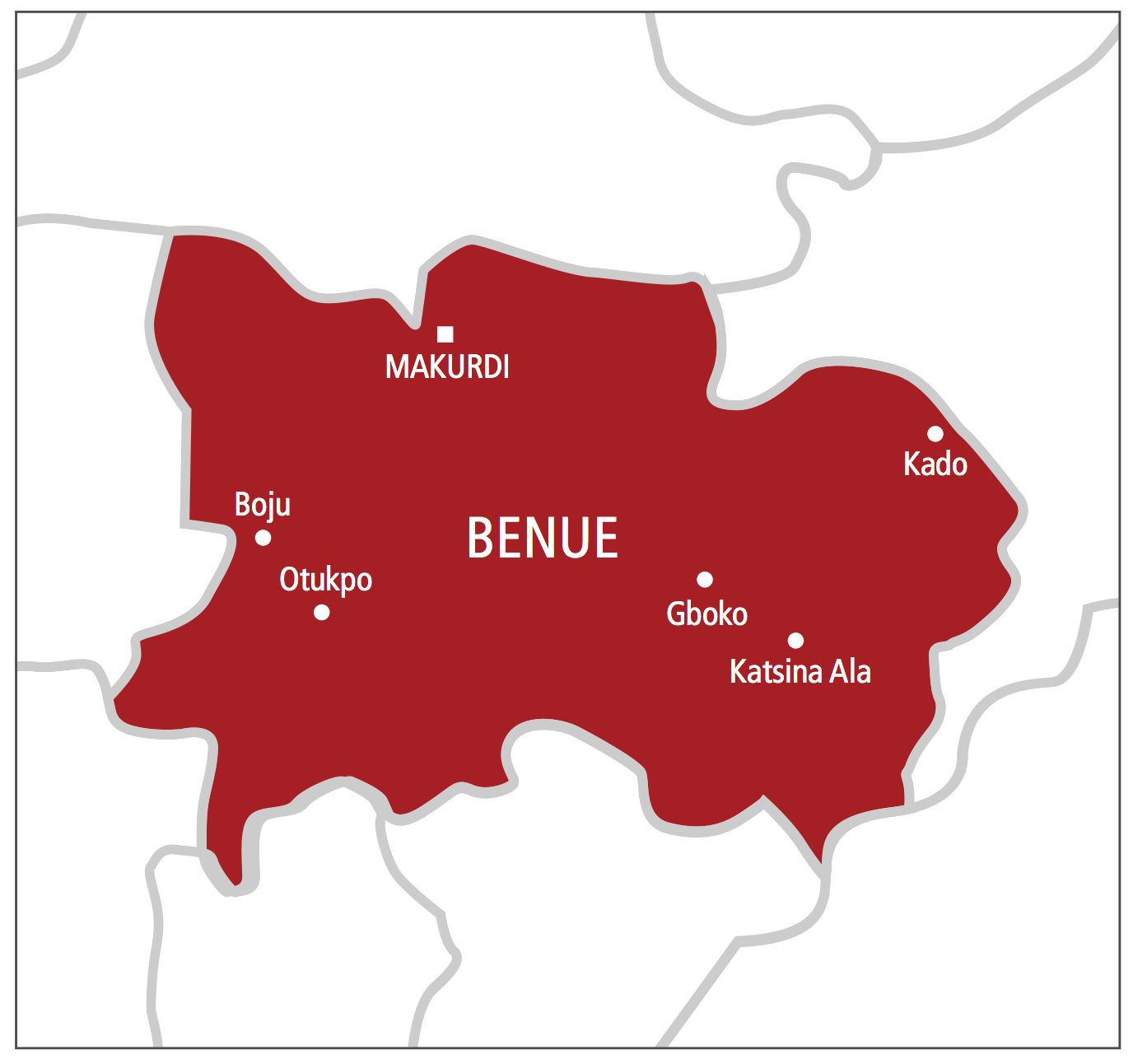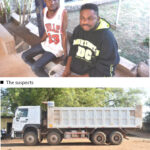Farmers in Benue State were thrilled to discover that they could boost their crop production and profits greatly by planting high-yielding seeds four times in a year.
The revelation emerged at the recent seed and input fair held in Makurdi, where farmers were introduced to high-yield seeds and environmental-friendly inputs.
Jackson Idoko, a cowpea farmer in the state, shared his enthusiasm thus: “Our consistent efforts to improve yields are finally paying off. I am going to apply the knowledge gained from this fair, and if it works out, this would mark a new dawn for us farmers in Benue State.”
Like Idoko, other stakeholders in the value chain of rice, cowpea, soybean and maize production who attended the Benue Seed and Input Fair organised by the International Institute of Tropical Agriculture (IITA), in collaboration with the Joseph Sarwuan Tarka University, Makurdi (JOSTUM), confirmed that the event exposed them to innovative agricultural practices.
Indeed, majority of the farmers couldn’t contain their excitement as they learned that they could greatly increase their crop production, make more income and even export some of their products, which were once rejected in the international markets.
Vitalis Tarnongu, a big farmer who displayed some of his products at the fair, encouraged those aspiring to venture into farming to do so without delay because of its profitability, especially when one adhered to best agronomy practice.
He said, “I am a star farmer and a champion in Benue. I have food anytime of the day or year. JOSTUM has impacted me positively, such that I take farming as business. I produce four major crops – cowpea, rice, soybean and maize. The institution is a big opportunity for farmers in Benue, and I hope that farmers would take advantage of the knowledge reservoir to better their lot.”
Daily Trust reports that farmers welcomed the IITA-JOSTUM joint implementation of the legume seed systems project, as according to them, the Benue seed and input fair exposed not only the four-time planting seeds in a year but the programme has linked them to people up on the value-chain.
The project coordinator, Dr Teryima Iorlamen, expressed confidence that the Accelerated Varietal Improvement and Seed Delivery of Legumes and Cereals in Africa (AVISA), an initiative aimed at enhancing agricultural productivity and food security in Africa and Seed Equal, would work assiduously to reach all farmers with improved technology.
“We have noticed that our farmers are planting grains, not seeds. The IITA and other partners are now implementing two projects – AVISA and Seed Equal -focused on cowpea and soybean. Many farmers are unaware that seed breeders have developed climate-resistant seeds. Our job is to bring these seeds from seed companies to farmers.
“We want to integrate agro-dealers and processors into our work. The essence is to bring all stakeholders together and expose them to the breakthroughs we have achieved. We have seeds that can be planted four times a year, but farmers are not aware. There are also environmental-friendly inputs that need to be showcased to stakeholders.
“What makes cowpea non-exportable? We are here to learn Nigerian Export Promotion Council (NEPC) standards to make it exportable. Products from seed companies will be displayed here for all to see. Today’s seed and input fair is an opportunity to see some of the varieties we are promoting. Every person in the value chain is important here.
“Our production faces contamination issues, which Syngenta will help us address. We are doing a lot to ensure that climate change does not affect our key food crops – cowpea and soybean,” Iorlamen posited.
On his part, Professor Ijirbee Agber, supervisor of the programme and dean, College of Agronomy in JOSTUM, who represented the vice chancellor, harped on the difference between seeds and grain as he noted that the attendees of the event had shared ideas.
He added, “There is a memorandum of understanding (MoU) between JOSTUM and the IITA. The mandate of the university is agriculture, with seven out of 12 colleges being agriculture-focused. As the host institution, the university is open to partnership with other bodies.”
Joseph Iornenge, the Director of Agric Service at the state’s Bureau of Agricultural Development and Mechanization (BADM), opined that bringing critical stakeholders together would ensure that cowpea and soybean used in the state would henceforth be improved varieties free from chemical residues in the course of growing the crops.
In the same vein, the Director of Seed Technology Centre (JOSTUM), Prof Ngozi Odiaka, observed that the fair would help to improve availability, accessibility and quality legume seed for farmers, as she maintained that it is not just about agricultural development but to ensure food security and foster sustainable livelihoods for Benue and beyond.
Odiaka emphasised, “As we work together, we will meet the needs of farmers. Any farmer in Benue State you give quality seed will deliver. Farmers plant same seeds over and over again. The more these seeds are planted over again, there will be segregation so you can’t get the same traits again. But with this network we will get quality seed to serve our farmers in the state and beyond.”
This was just as the head of seed unit, Nigeria, Syngenta’s Isaiah assured that the stakeholders engagement would give birth to greater mandate, adding, “Our mandate is to see how smallholder farmers will be better in income and promote food security. We build hub where farmers are expected to pick up seeds. Syngenta already gave Benue two hubs in Apir and Gboko.”
The acting state chairman of the AFAN, Atoje Ernest, concluded, “We are happy with this innovation. Benue is going spiritual and there is a new hope. We want JOSTUM’s presence in the 23 local government areas of the state. All their products must be tracked. The Benue State Government has started a big project of farms in all the local governments. We are now looking at agriculture beyond rain-fed because of water bodies.”

 Join Daily Trust WhatsApp Community For Quick Access To News and Happenings Around You.
Join Daily Trust WhatsApp Community For Quick Access To News and Happenings Around You.


